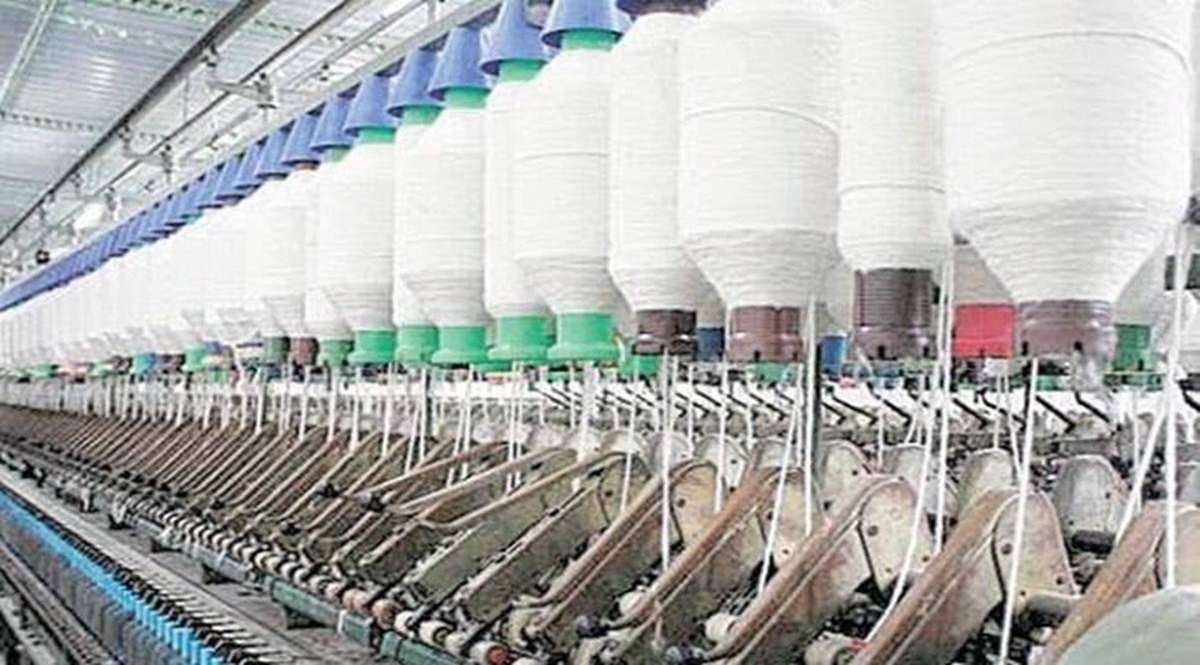
Category: General
Country: India
The textile PLI scheme covers 50 man-made fibre (MMF) garments, 42 MMF fabric products and 10 technical textile items. Incentives will be extended for five years. It will remain operational until 2029-30.
Written by Banikinkar Pattanayak | April 15, 2022 4:15:00 am
The government on Thursday selected 61 companies, including Goa Glass Fibre, Trident, MCPI, Shahi Exports, Arvind Mills, Gokaldas Exports and Monte Carlo, to enjoy benefits under its Rs 10,683-crore production-linked incentive (PLI) scheme for the labour-intensive textiles and garment sector.
The applications of six more firms, presumably comprising some big names, are still being weighed.
Textiles secretary UP Singh said the companies have pledged to invest Rs 19,077 crore over five years under the scheme, which will lead to an incremental turnover of Rs 1.85 trillion and direct employment generation for 2,40,000 people.
Incentives of Rs 6,013 crore will be extended to these 61 players, which represent 56% of the Rs 10,683 crore that the government has earmarked for the scheme.
Commenting on the six applicants whose fate is yet to be decided, Singh said, in some cases, more than one company from a particular group applied for incentives under the scheme; in rest of the cases, some minor corrections in applications are required. The names of these firms are yet to be disclosed. Sources had earlier suggested that Reliance and Welspun were also among the applicants.
The textile PLI scheme covers 50 man-made fibre (MMF) garments, 42 MMF fabric products and 10 technical textile items. Incentives will be extended for five years. It will remain operational until 2029-30.
The scheme is open to two categories of investors. Those who will invest at least Rs 300 crore will be eligible for a 15% incentive in the first year if they achieve a turnover of Rs 600 crore or more.
Similarly, those investing at least Rs 100 crore will get 11% in the first year if their turnover hits Rs 200 crore or more. After the first year, both the categories of investors will have to show a 25% incremental turnover annually for the next four years. But the benefits will drop by 100 basis points with each passing year in both the cases.
The textile ministry has selected 13 firms under the first category, including Himatsingka Seide, Madura Industrial Textiles, Paragon Apparel, Shree Durga Syntex and Kimberly Clark India. As many as 48 companies have been selected under the second category. They include Pearl Global, AYM Syntex, Kennigton Industries, MI Industries, Donear Industries, Nobel Hygiene, Ginni Filaments and Texport Industries.
Interestingly, among the eligible investors, seven are foreign firms, which have committed to invest `3,559 crore under the scheme by setting up units in India. They are Autoliv India, Avgol India, Evertop Textile & Apparel Complex; Kimberly Clark India; Rane TRW Steering Systems; Teejay India; Toray International.
This PLI scheme has marked a paradigm shift in the government’s decision-making on two counts. First, it earmarks big bucks for big companies, shedding its long and costly bias towards small businesses. Second, it seeks to correct India’s historical policy preference for a cotton-dominated value chain, which is contrary to the global trend. The idea is to reclaim India’s export markets after ceding substantial ground to Bangladesh and Vietnam in recent years.
Even before the pandemic struck, India accounted for 4.3% (or $35.5 billion) of global exports of textiles and apparel in 2019 but its share in the man-made fibre segment was much lower at 2.8% ($9.3 billion). In fact, products based on man-made fibres made up for only 26% of India’s textiles and garments exports, compared with almost 50% in China and 49% in Vietnam.
Courtesy: https://www.financialexpress.com/industry/arvind-mills-monte-carlo-among-61-picks-for-textile-pli-fate-of-6-more-firms-to-be-decided-soon/2492350/
Copyrights © 2025 GLOBAL TEXTILE SOURCE. All rights reserved.